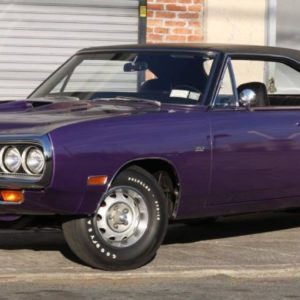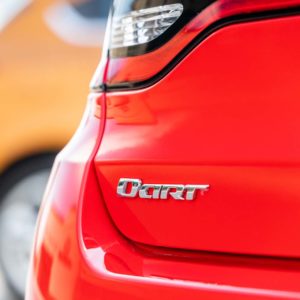Summer is the time when you go on a road trip with your friends or a vacation with your family or loved ones. It’s also the season with the highest risk of car accidents, earning the unfortunate moniker of “100 Deadliest Days of Driving.” But it doesn’t have to be that way for you. Here are the most likely causes of car accidents during summer–and how to avoid them.
Summer Heat
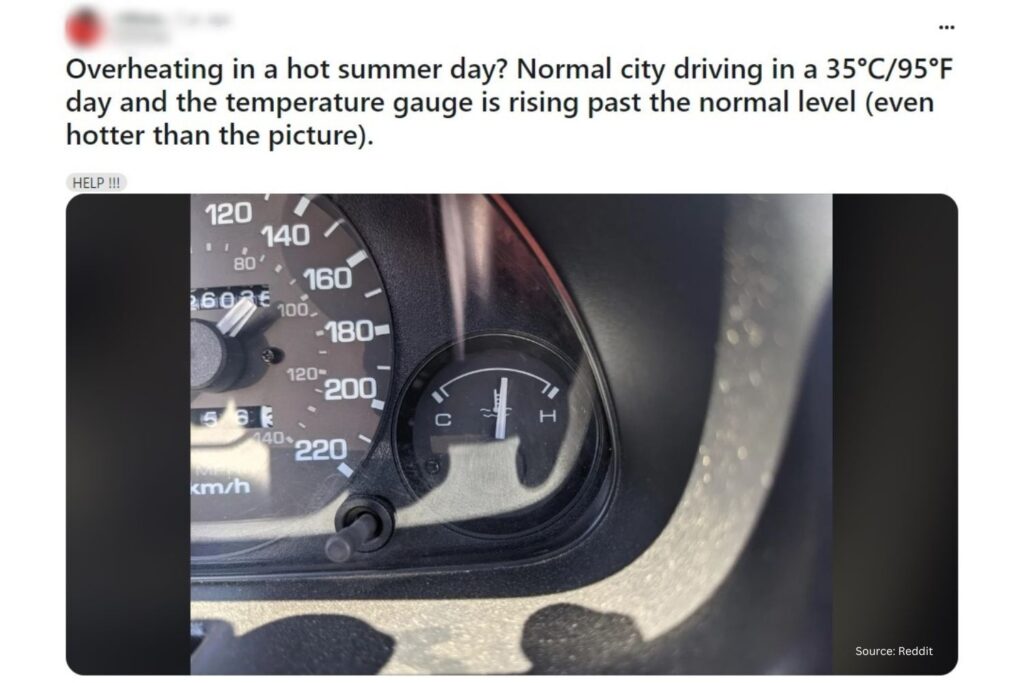
Summer is the hottest time of the year. Depending on where you live, the temperature can rocket past 110°F.
While you’ll sweat under the summer heat, vehicles are worse off. Many parts can develop issues when heated, such as underinflated tires blowing out or the engine overheating. If one of these problems happens while driving, you might lose control of your vehicle, potentially leading to an accident.
Do regular maintenance checks on your vehicle to minimize the risk of car accidents caused by mechanical failures. Ensure there’s enough engine oil, coolant, brake fluid, and other critical fluids that cool and lubricate important parts and systems.
Additionally, inspect each tire’s treads for excessive wear and low air pressure. If the tread looks worn out, replace the tire as early as possible. If the tire appears underinflated, add more air until its pressure normalizes.
Bad Summer Weather
It isn’t all sunshine and sweltering heat during summer. It’s also a time of rolling thunderstorms, surprise rain showers, and the occasional hailstorm. When the weather goes bad, driving with poor visibility on slippery road surfaces puts you at higher risk of a car accident.
Always prepare for adverse summer weather, even during summer. If rain or hail falls, drive slower and more carefully. Don’t hesitate to pull over if you can’t see or your car’s wheels threaten to slide out of control.
Increased Road Traffic Volume
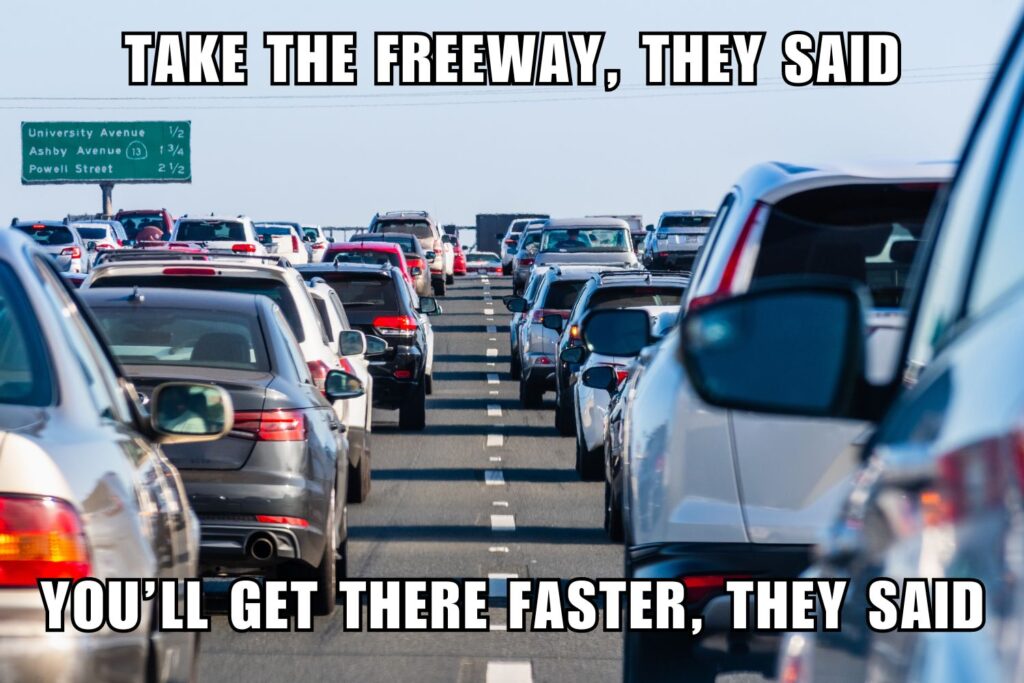
The roads rapidly fill up during summer. School’s out, so all the kids are free to run around. Lots of people jump on the chance to leave their homes for somewhere else.
As more people travel, the roadways become more congested. The sheer number of cars present makes accidents much more likely.
Drive more slowly and carefully in congested areas. Steer clear of tourist destinations unless you’re going to one.
Road Construction Zones

Have you noticed that road work happens far more often during summer? This season’s generally dry and warm weather is perfect for building new roads and repairing damaged road surfaces. These activities help ensure you can continue driving on roads. However, road construction can also make driving harder and riskier.
Road construction zones usually close lanes and impose lower speed limits on vehicles that pass through or near them. Combined with uneven road surfaces that the construction workers haven’t fixed yet, you have a recipe for vehicles accidentally crashing into construction zones.
Fortunately, you can avoid car accidents in road construction zones by driving carefully. If you see a posted sign, follow its instructions. Watch out for abrupt changes in traffic patterns that might throw off other drivers.
Wild Animals
If you drive on roads that pass through rural and wooded areas, you’ll encounter more wildlife during summer. For example, snakes appear more often during the night to avoid the heat during the day.
Drive slowly in areas known for wildlife activity. Keep an eye out for warning signs and the animals themselves. If you spot a wildlife crossing sign, heed its warning and drive carefully to avoid hitting any wild animals that might suddenly cross the road.
Tired Drivers
You want to get everything done before the daylight fades. But the summer days stretch forever and the heat doesn’t help. Before you know it, you’re fatigued behind the steering wheel.
Tired drivers react slower and can’t make quick decisions. They’re more likely to commit mistakes that lead to accidents.
Are you going on a road trip or expecting to drive for a long period? Schedule regular breaks and rest stops to recover your strength. If one of your passengers knows how to drive your vehicle, consider letting them take over while you take a break. Look out for fatigued drivers on the road.
Distracted Driving
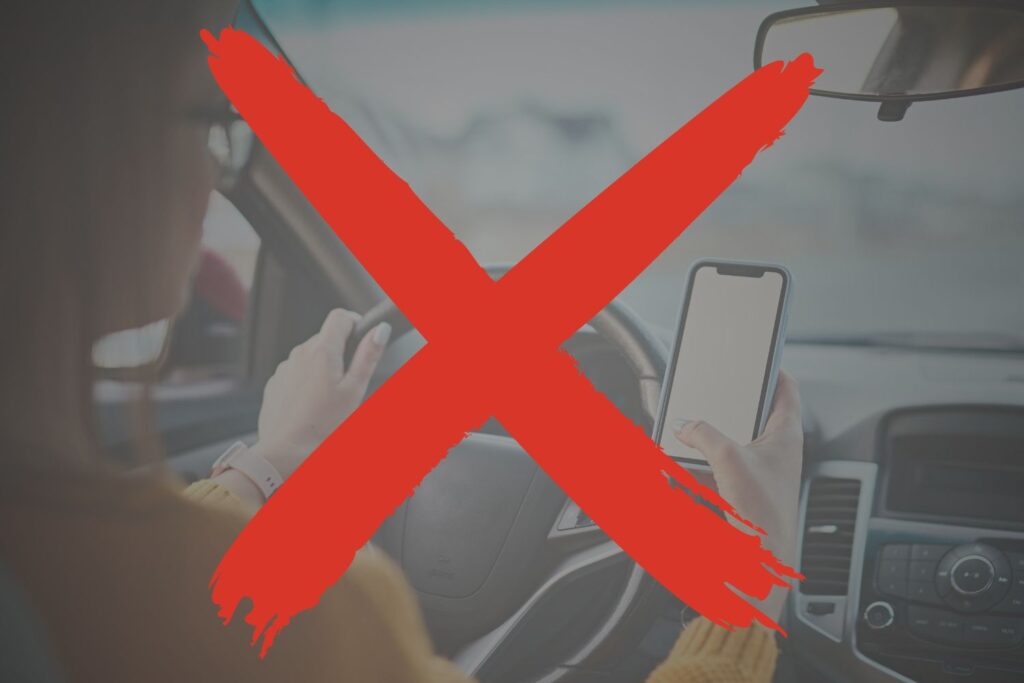
It’s easy to get distracted while driving in summer. The roads are filled with vehicles and people. Perhaps you want to look for an alternative route that bypasses all the traffic. Or the phone in your pocket rings or vibrates.
Distracted driving is one of the leading causes of accidents throughout the year. Minimize the distractions in your car. For example, it’s okay to play music during the trip, but don’t crank up the volume so high that you can’t hear car horns honking at you.
If you have a passenger, they can handle some tasks on your behalf. You can ask them to boot up the GPS navigation system and plot a new route while you focus on the road ahead. Don’t get engrossed in talking to them, though. You might miss something on the road.
If you must do something that requires your full attention, such as making or taking a call, pull over and park your car first. Your safety comes first.
Inexperienced and Teenage Drivers

New drivers appear in increasing numbers during summer, and many of them are teenagers. Teens often take advantage of school being out to get their driver’s license. They’re also excited and nervous to finally hit the road. It’s a bad combination that might encourage unsafe practices like distracted driving, refusing to yield, and speeding.
If you spot an inexperienced or teen driver, keep your distance and watch your speed. You can help make up for their lack of experience and skill by giving them the room they need to adjust their driving behavior.
If you’re a parent or guardian, encourage teen drivers to drive safely and give them good advice about a driver’s responsibility on the road. They’ll appreciate your words later, even if they don’t get it at first.
Impatient Drivers
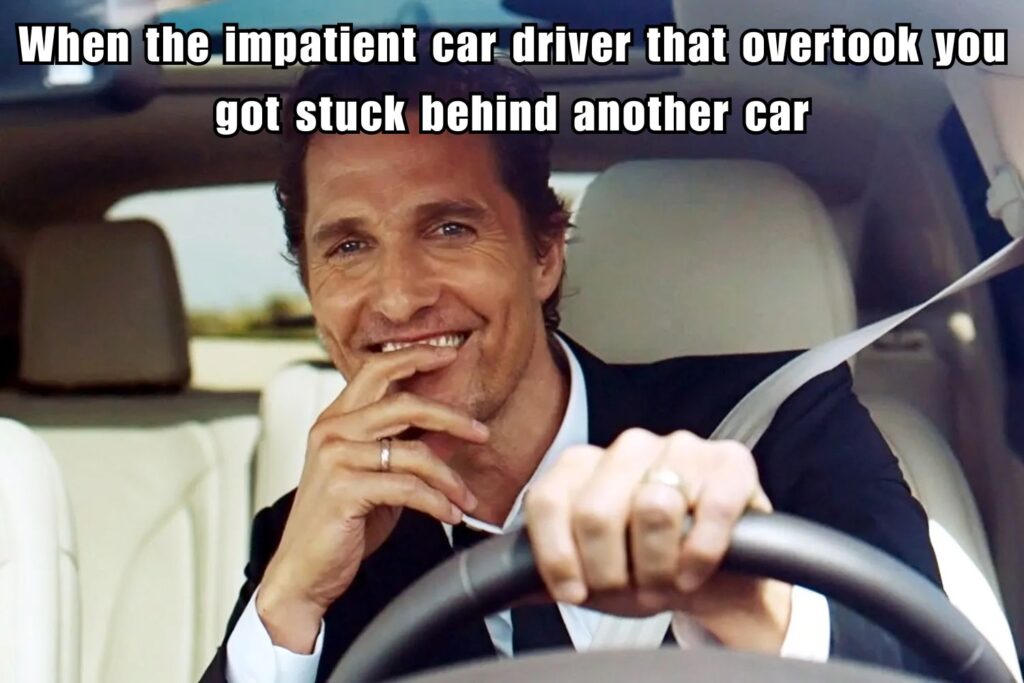
Everyone wants to reach their destination on time. However, the higher volume of vehicles on the road can slow traffic down to a crawl. Other factors like heat and fatigue might add to the stress experienced by a driver.
Eventually, some drivers can lose their patience. They begin driving aggressively and at high speeds.
If you get caught in traffic, do things that can improve your mood. Play your favorite song on the radio or take the chance to rehydrate.
If you encounter an impatient driver, keep your distance from their vehicle. It’s better to be safe than sorry.
Tourist Drivers

Keep an eye out for vehicles with an out-of-state license plate or markings that indicate they’re rental cars. More often than not, those cars and trucks have tourists behind their steering wheel.
People outside your state might not know local laws, such as one-way streets, so they won’t stop when you or other locals know not to continue. Tourists might also not know their way around your city or town, forcing them to check a map or rely on GPS that distracts or misleads them into causing a car accident.
Drunk Drivers
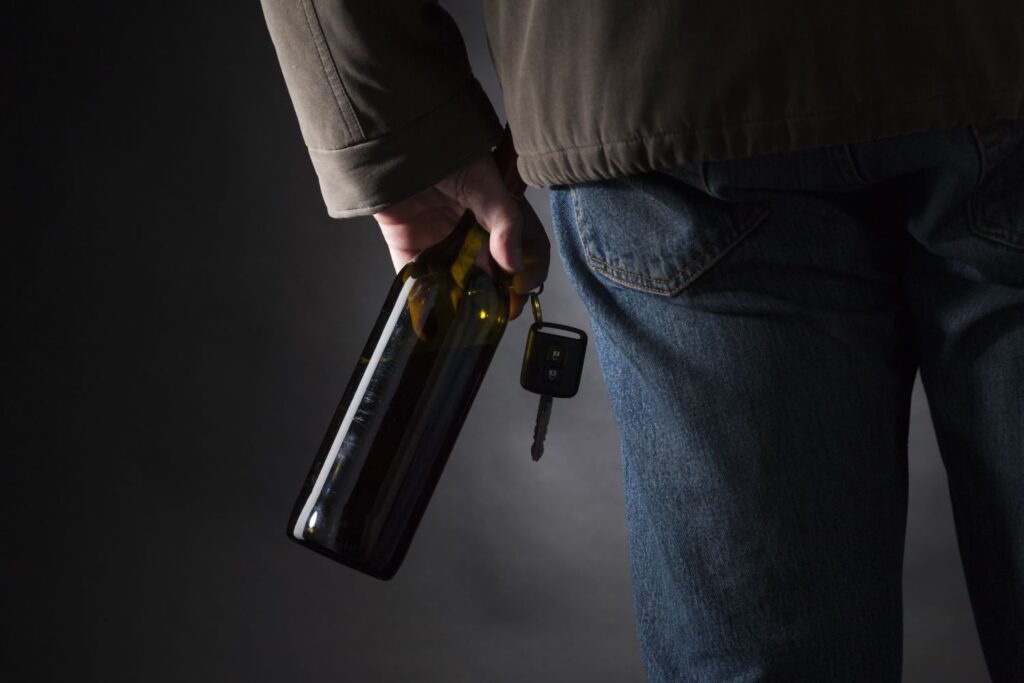
Some people drink a lot to help beat the heat during summer. While many will stick to non-alcoholic drinks, others might drink booze. That’s bad enough, but then it gets worse because they often insist on driving despite being drunk.
Avoid drinking beyond the legal alcohol limit if you’re going to drive. If you imbibed a lot of alcohol, wait until you’re completely sober. If you must leave, hail a cab or have a designated driver take the wheel.
Bicyclists and Pedestrians
Summer’s long daylight hours and pleasant warmth draw people out of their homes. Some will take a walk while others hop onto a bicycle or motorcycle.
Unfortunately, pedestrians and riders are smaller than almost all motor vehicles. They’re difficult to notice and easy to lose track of. Bicycles and motorcycles also lack most of the protections provided by a car, such as air bags and seat belts.
Look out for people who are walking or riding a bike or motorbike. Be especially careful when you change lanes or make a turn because it’s hard to spot a pedestrian or rider during these maneuvers.
Any information provided on this Website is for informational purposes only and is not intended to replace consultation with a professional mechanic. The accuracy and timeliness of the information may change from the time of publication.


